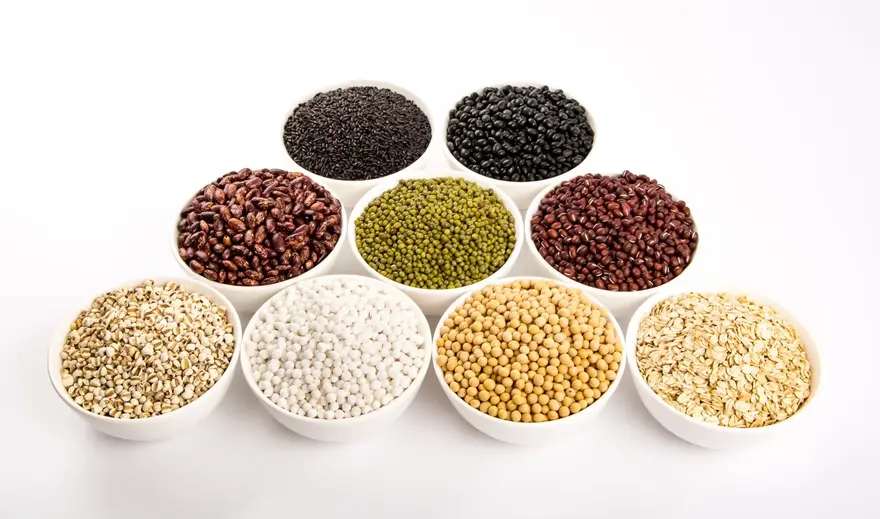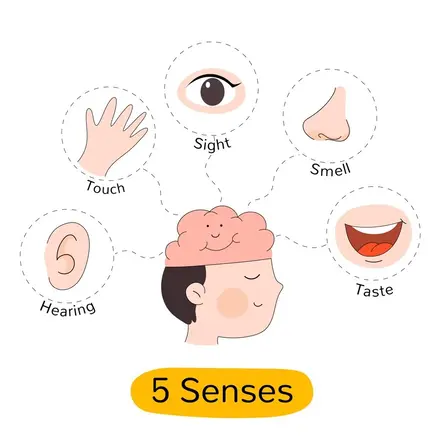Preventive Healthcare
Deciphering Phenylketonuria (PKU): Symptoms, Causes and Treatment
1313 Views
0

What is phenylketonuria (PKU)?
Phenylketonuria (PKU) is a rare genetic disorder that affects the body's ability to break down and utilise amino acids, the building blocks of proteins. Specifically, PKU interferes with the metabolism of phenylalanine, an essential amino acid found in protein-rich foods, and certain artificial sweeteners like aspartame.
When digestion fails to process phenylalanine adequately due to PKU, it can result in high levels of this substance in the bloodstream. If left unchecked, this accumulation can lead to cognitive challenges and developmental delays.
What are the types of phenylketonuria (PKU)?
Just like many other genetic disorders, phenylketonuria, too, has varied types. PKU can manifest in several forms based on severity
- Classic PKU: This is the most severe form of PKU, with high levels of phenylalanine in the blood if untreated.
- Moderate or mild PKU: In this form, the phenylalanine levels are slightly lower than in classic PKU.
- Mild hyperphenylalaninemia: This is the mildest form, where phenylalanine levels are higher than normal but usually not high enough to cause intellectual disabilities.
Who does phenylketonuria (PKU) affect?
Phenylketonuria (PKU) can affect anyone who inherits two copies of the mutated PAH gene, one from each parent.
Typically, parents of a child with PKU carry one mutated PAH gene but do not show any phenylketonuria symptoms as they have another normal PAH gene. When both parents pass on their respective mutated genes, the child inherits PKU. It's essential to note that every pregnancy between two carriers has a 25% chance of resulting in a child with phenylketonuria (PKU).
What are the symptoms of phenylketonuria (PKU)?
Recognising phenylketonuria symptoms is vital for early intervention and effective management of the condition. Although PKU screening at birth usually prevents noticeable symptoms, individuals with undiagnosed or untreated phenylketonuria (PKU) may exhibit signs such as:
- Eczema
- Lighter skin and/or hair compared to other family members
- A musty odour in their breath, skin, or urine
- Small head size (microcephaly)
In more severe cases, delays in phenylketonuria treatment can lead to:
- Behavioural problems
- Developmental delays
- Intellectual disabilities
- Seizures
Parents should remember that these symptoms may vary based on the type and severity of PKU.
What causes phenylketonuria (PKU)?
The primary cause behind phenylketonuria (PKU) is mutations in both copies of the PAH gene. This gene is responsible for producing an enzyme (phenylalanine hydroxylase) that converts phenylalanine into other useful components. When the PAH gene is mutated, this enzymatic process is impaired, leading to the buildup of phenylalanine that can damage our brain.
How is phenylketonuria (PKU) diagnosed?
The diagnosis of phenylketonuria (PKU) usually occurs shortly after birth as part of routine newborn screening via a blood test. If your baby’s blood sample exhibits high phenylalanine levels, healthcare providers will conduct additional tests to confirm the diagnosis and determine the PKU type.
Are there screening tests to diagnose phenylketonuria (PKU)?
Yes, newborns undergo a phenylalanine screening test 24 to 72 hours after birth as part of their newborn screening. Healthcare providers take a small blood sample from your baby's heel for this test, which detects phenylalanine levels in the blood.
How is phenylketonuria (PKU) treated?
Phenylketonuria treatment is lifelong. It involves a tailored approach that combines a special diet and, sometimes, medication. The primary aim of phenylketonuria treatment is to maintain safe levels of phenylalanine in the body.
- Diet: A special low-phenylalanine but nutrient-rich diet is recommended.
- Supplements: Intake of vitamins, minerals, and other supplements is often necessary.
- Medications: For some individuals with PKU, diet alone may not be enough to control phenylalanine levels. In these cases, medications like sapropterin dihydrochloride (Kuvan®) could be administered to break down the excess amino acid.
Is there a diet for phenylketonuria (PKU)?
Yes, there is a specific diet for those suffering from PKU who are not treated with Pegvaliase (a medication allowing people with PKU to eat an unrestricted diet). This dietary regimen is low-protein and includes foods low in phenylalanine while avoiding those high in protein, such as:
- Milk
- Eggs
- Cheese
- Nuts
- Fish
- Chicken
- Beef
- Beans
Following a diet for PKU requires careful planning and regular consultation with healthcare providers or dieticians to ensure it's well-balanced and full of essential nutrients.
While ensuring sufficient intake of nutrients, vitamins, and minerals is maintained through other food sources and supplements.
What is the outlook for phenylketonuria (PKU)?
Living with PKU doesn't mean living with limitations! With proper control over one's diet and regular phenylalanine monitoring, individuals with PKU can lead healthy, fulfilling lives.
For women with PKU planning to become mothers, there's good news: with a carefully designed diet plan, the risk of complications for the baby can be significantly reduced.
When to see a doctor?
Early diagnosis and treatment are key to managing phenylketonuria (PKU). If you notice symptoms such as seizures, tremors, hyperactivity, or skin conditions like eczema in your child, consult a healthcare provider immediately.
It's also essential to consult a doctor if you're planning a pregnancy and know that PKU runs in your family. Genetic testing can provide valuable insights into your risk of having a child with phenylketonuria (PKU).
Conclusion
Understanding phenylketonuria symptoms and phenylketonuria causes becomes easier when presented with simple explanations and practical examples. Although PKU is a lifelong condition, effective treatment options, including dietary changes and medications, can help manage the phenylketonuria symptoms and maintain a healthy lifestyle.
At Metropolis Labs, we believe in empowering patients with accurate and timely health information. As a leading diagnostic lab in India, our team of skilled technicians offers at-home blood sampling for processing at our advanced laboratories. With reliable results delivered conveniently online via email or our user-friendly TruHealth app, prioritising your health has never been easier. Take the first step towards informed health decisions today!























 WhatsApp
WhatsApp